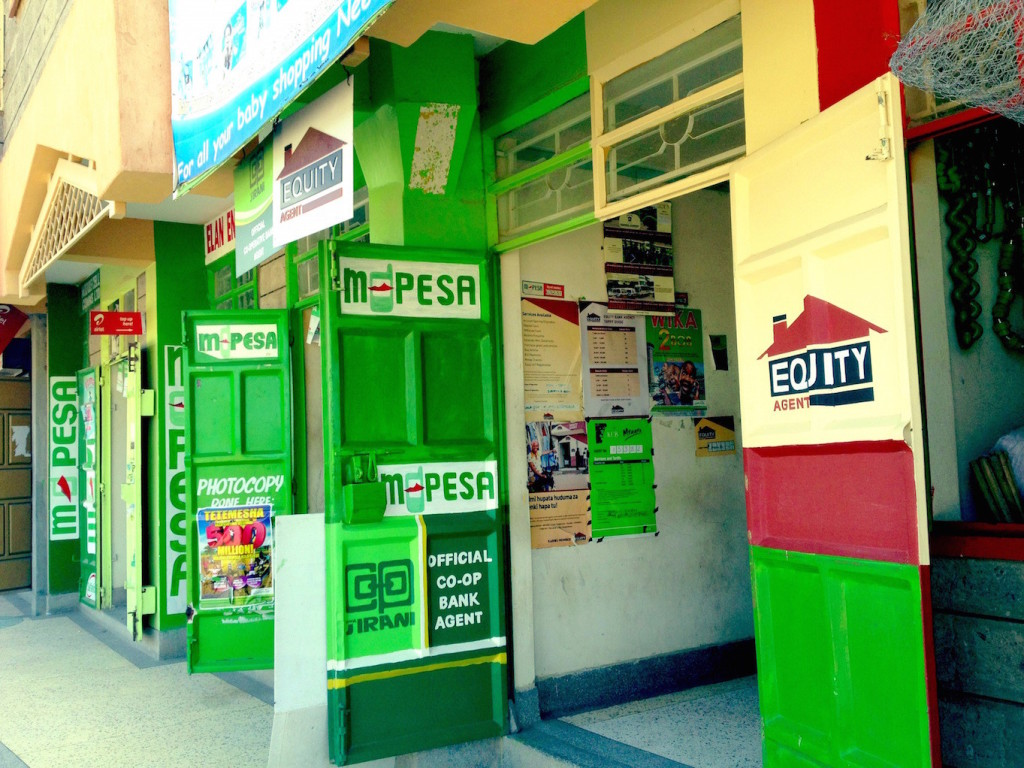
Greed for taxes and harsh measures spell danger for East Africa’s once-promising cashless future.
The Dawn of Cashless Transactions
The East African cross-border trade has been characterized by a rise in mobile money transactions among the member states for over five years now. In an average household in East Africa, a mobile phone is all you need to access the most essential services. Mobile money has become the go-to solution for transactions, from simple shopping to significantly bigger monetary exchanges. The groundbreaking introduction of M-Pesa in 2007 was viewed as a flawless future of the East African economy – a cheap and accessible digital money transfer and transaction system. Sixteen years later, Africa’s greatest financial innovation (yet) is at a crossroads as governments discover yet another tax-drilling reservoir! As the world continues to turn to technology for a more simplified lifestyle, a mobile money economy would be a more obvious option for 21st-century transactions. Despite a clear advantage the mobile money system has over cash transactions in a fast-paced modern economy, Kenya and Tanzania lead the road back to cash – albeit in a blind push to fatten their coffers.
Peak and tax-enforced turbulence
For years, Kenya was hailed as the exemplary leader in a cashless economy. The success was further facilitated by the no-contact COVID-19 economy, where m-pesa transactions surged to a new high. At the peak of the pandemic in 2020, records between October and December show a 97% rise in mobile money transfer value. With the pandemic showing no sign of slowing down then, there was hope for a more cashless economy going forward. Kenya’s mobile money success over the years was noticeably being adopted in neighboring countries with the hope of emulating this novel flexible system. However, East Africa’s weak, unsustainable economies would not let a flourishing financial system go unnoticed. Heavy taxes followed, complaints were heard, and a mass customer exodus followed.
In 2021, Tanzania introduced a massive tax on mobile money transactions between 10 to 10,000 shillings (0.004 to 4 USD, respectively) on top of the existing 18% VAT and 10% excise duty. For a poor, low-income population, this tax slap spelt danger for mobile money services. Although the subsequent backlash forced the government to reconsider the decision, the effect seems to have prevailed. In a recent article, evidence suggests that Tanzanians are increasingly moving away from mobile money convenience to save their hard-earned shillings from unaffordable tax cuts. The article shows that taxes are responsible for a 30% reduction in person-to-person transactions and 60% in cash-out transactions as of March 2023. Such a downturn is evidence that taxes do not match the financial muscle of the population. A move back to cash would be a step in the wrong direction for a 21st-century economy.
“… attracting future investments should include easing financial regulations that further limit the potential of local and foreign businesses.”
While Kenya had set the example for the rest of the peer states, it has experienced Tanzania’s fate in recent months. Small traders were reported to have started a move away from m-pesa payments in what they claimed was a system that ate into their capital, with a 0.55% charge for each transaction made. Aggressive tax compliance measures have also been blamed for Kenya’s mobile money gradual collapse. Heavy taxes and door-to-door follow-up by tax collection authorities further drag users away from the once-favored transaction system. The country that set the tone in 2007 and spread the culture throughout East Africa should not let this milestone slip away in the name of tax. Although revenue collection is of paramount importance to developing economies, there should be a more win-win approach to tax collection, both in amount and measures.
Mobile money and cross-border trade
 Mobile money transactions have long been essential in cross-border trade between countries. Mobile money exchange has proven to be safer and easier in cross-border trade between Tanzania, Malawi and Zambia. Traders on these borders suggest mobile money has helped them evade fraud from black market money exchangers. In East Africa, there is a growing demand for mobile money transaction methods as opposed to traditional approaches that seem to lose ground. As reported by the Alliance for Financial Inclusion (AFI), as early as 2014, the region was already seen as a hotspot for mobile money adoption in Africa. Much of the hunger for improved and reliable mobile money trade systems owes to the reliability, speed, convenience, and, as stated by the Malawi-Zambia-Tanzania border traders, safety of the approach. East African states should work hard to nurture this futuristic transaction system rather than push it into an early grave.
Mobile money transactions have long been essential in cross-border trade between countries. Mobile money exchange has proven to be safer and easier in cross-border trade between Tanzania, Malawi and Zambia. Traders on these borders suggest mobile money has helped them evade fraud from black market money exchangers. In East Africa, there is a growing demand for mobile money transaction methods as opposed to traditional approaches that seem to lose ground. As reported by the Alliance for Financial Inclusion (AFI), as early as 2014, the region was already seen as a hotspot for mobile money adoption in Africa. Much of the hunger for improved and reliable mobile money trade systems owes to the reliability, speed, convenience, and, as stated by the Malawi-Zambia-Tanzania border traders, safety of the approach. East African states should work hard to nurture this futuristic transaction system rather than push it into an early grave.
For Tanzania and Kenya, their latest tax threats to the mobile money economy spell danger for the future of cross-border trade. The two countries enjoy arguably the easier monetary interaction in East Africa. Mpesa is commonly used by both Safaricom (Kenya) and Vodacom (Tanzania), and the two gel into one another in a seamless manner. You can easily spot traders and normal commutants on any shared border between the two neighbours withdrawing cash from any of the two mpesa networks. A Safaricom client can withdraw cash from a Vodacom mpesa agent, and clients from both service providers can exchange soft money with relative ease. With mobile money holding such a promise in cross-border trade, respective governments should work towards simplified and less costly transactions to further promote trade between member states.
The future
Going forward, there is a sense in which one believes East Africa wants to tap into its economic potential. A recent report, for example, suggests Tanzania is moving away from its restrictive investment system as it overtakes Kenya in attracting foreign investment. However, attracting future investments should include easing financial regulations that further limit the potential of local and foreign businesses. The potential that comes with mobile money transactions is tremendous as the system continues to lead in global digital money transfer systems. Kenya remains East Africa’s and Africa’s success story in the area; other East African states stand to gain if this system succeeds even further within and outside Kenya. A prosperous mobile money system could foster greater regional integration, improve small business partnerships, and ease cross-border transactions. More taxation and harsh tax measures will further force Africa’s most promising transaction future into a failed dream and an economic setback.
These are the writer’s own opinions and do not necessarily reflect the viewpoints of Liberty Sparks. Do you want to publish in this space? Contact our editors at info@libertysparks.org for further clarification.



